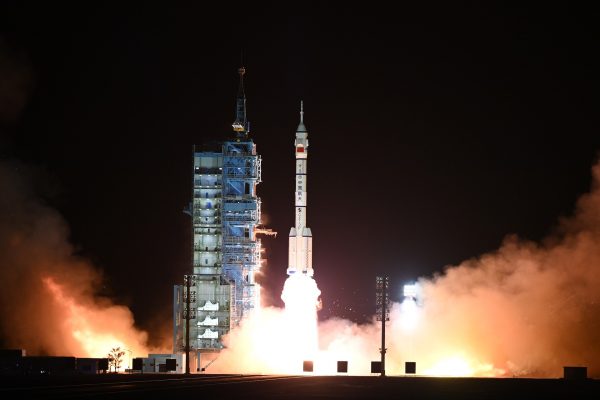While billions of people around the globe celebrate the 2023 Chinese Lunar New Year, a post from British Museum has sparked much talks from Chinese netizens. The issue centers on the correct use of “Korean Lunar New Year” in an online post.
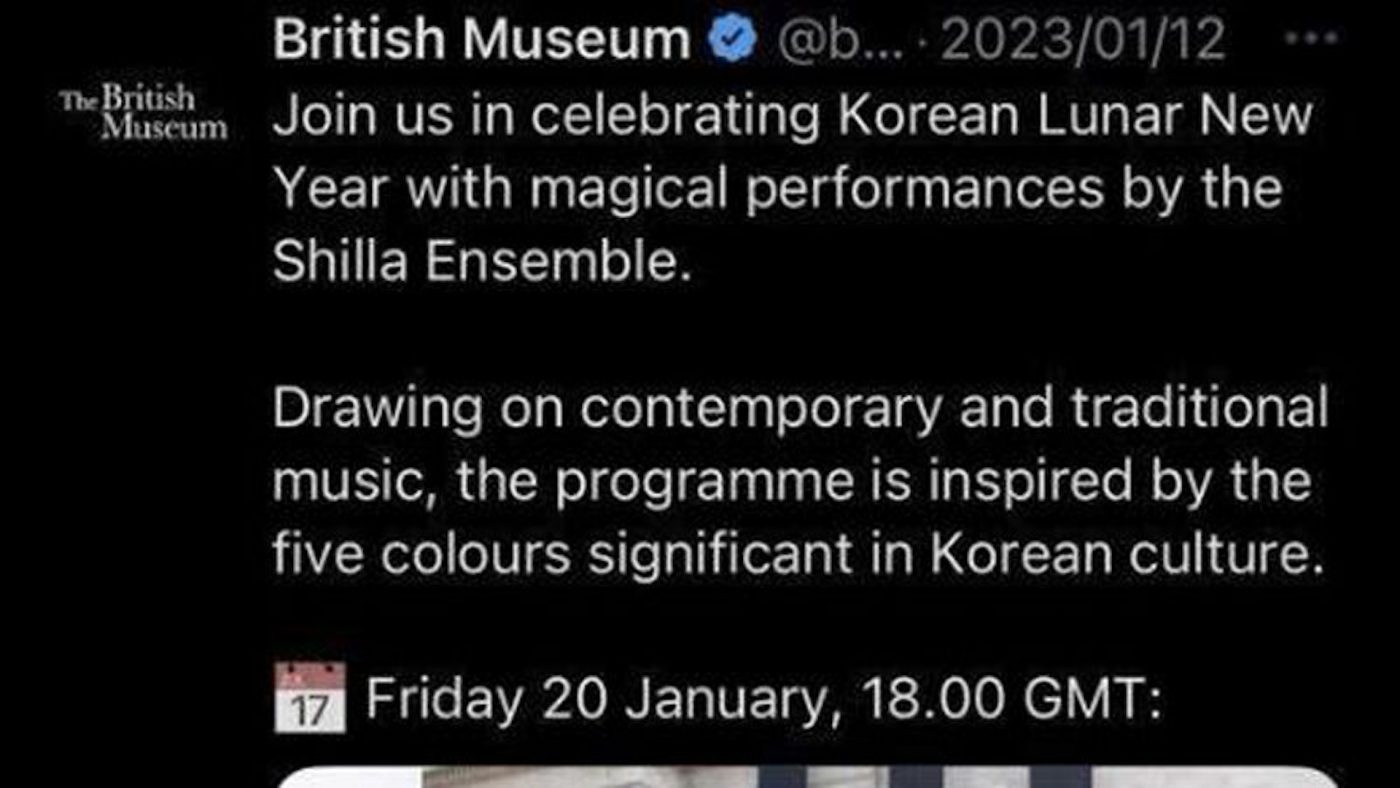
(British Museum’s Twitter account)
“Join us to celebrate the Korean Lunar New Year and enjoy a magical performance by the Silla Orchestra,” wrote the British Museum’s Twitter account on 12th Jan.
Chinese netizens blamed British Museum that it’s “abused culture” by putting “Korean” before “Lunar”.
“Isn’t it stealing to put your country’s name on it?” said an annoyed netizen. Other netizens criticize the famous museum that it is helping Korea to “steal Chinese culture.”
Some Chinese students in UK also went into the spot, the British Museum, tried to tell the history of Chinese New Year to whoever they ran into and be their audience.
Because of the outburst from Chinese Netizen community, British Museum rewrote the post, “We celebrate Chinese New Year domestically and globally by hosting events at the museum…wishing a happy New Year”.
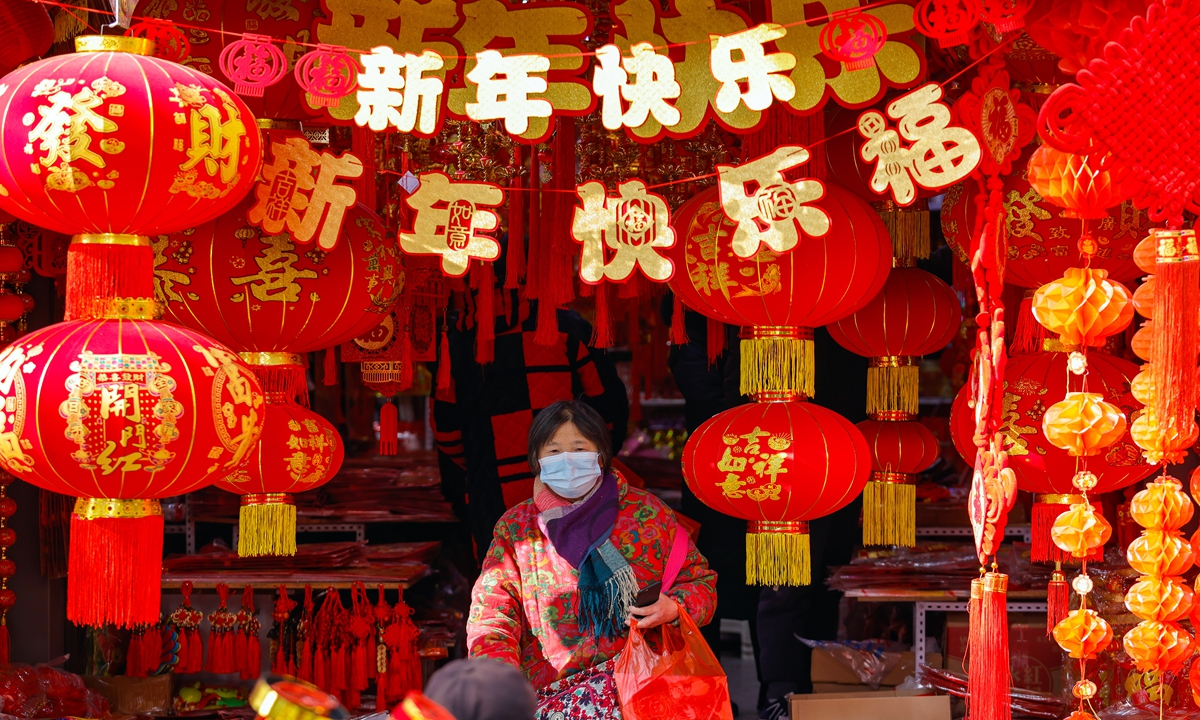
(Photo: Global Times)
On the other hand, similar controversies have occurred in Korea, too.
Danielle, Korean-Australian singer, a member of the Korean girl group “New Jeans”, used the phrase “Chinese New Year” in a message to her Korean fans, and was immediately slammed by her S. Korean netizens. She later had to make an apology for her “mistaken” statement: “Chinese New Year is a holiday in many countries and regions, including my country. My expression was inappropriate…”
It seems the heated controversy about “Chinese New Year” and “Lunar New Year” has turned viral. Why the fuss about the distinctions between the two? Any chance those two terms are the same?
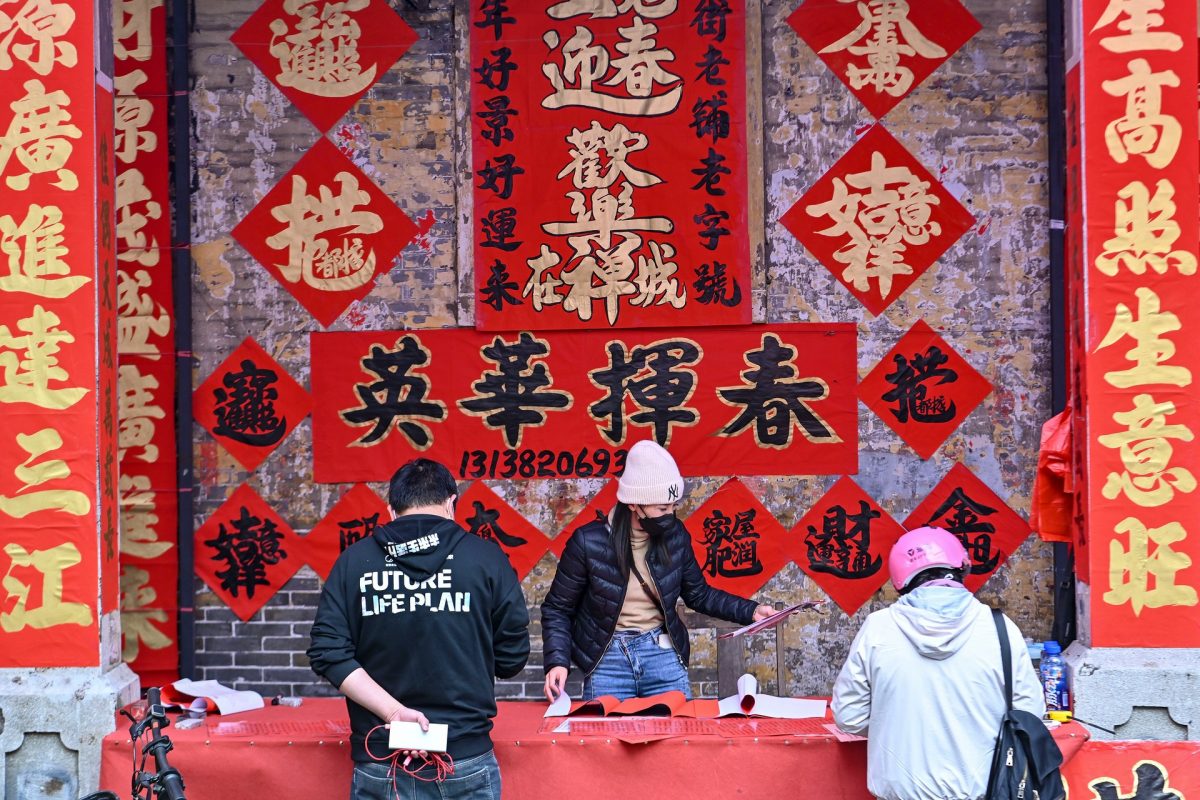
(Photo: China News Agency)
If you really care to dig further into the truth, “Chinese New Year” and “Lunar New Year” are not the same from the basic.
Chinese New Year, aka “Chunjie” or “Spring Festival”, originated from traditional Chinese history and heritage, is based on a unique traditional Chinese calendar (named “Nongli” in Chinese). It has accounted for other astronomical data, including lunar cycles and 24 solar terms.
It’s different from “lunar calendar”, which is the most common calendar used by other cultures around the world. For example, the Islamic New Year, also called the Hijri New Year, uses a purely lunar calendar and happens sometime between October and December.
Thus, fundamentally, Lunar New Year is different from Chinese New Year.
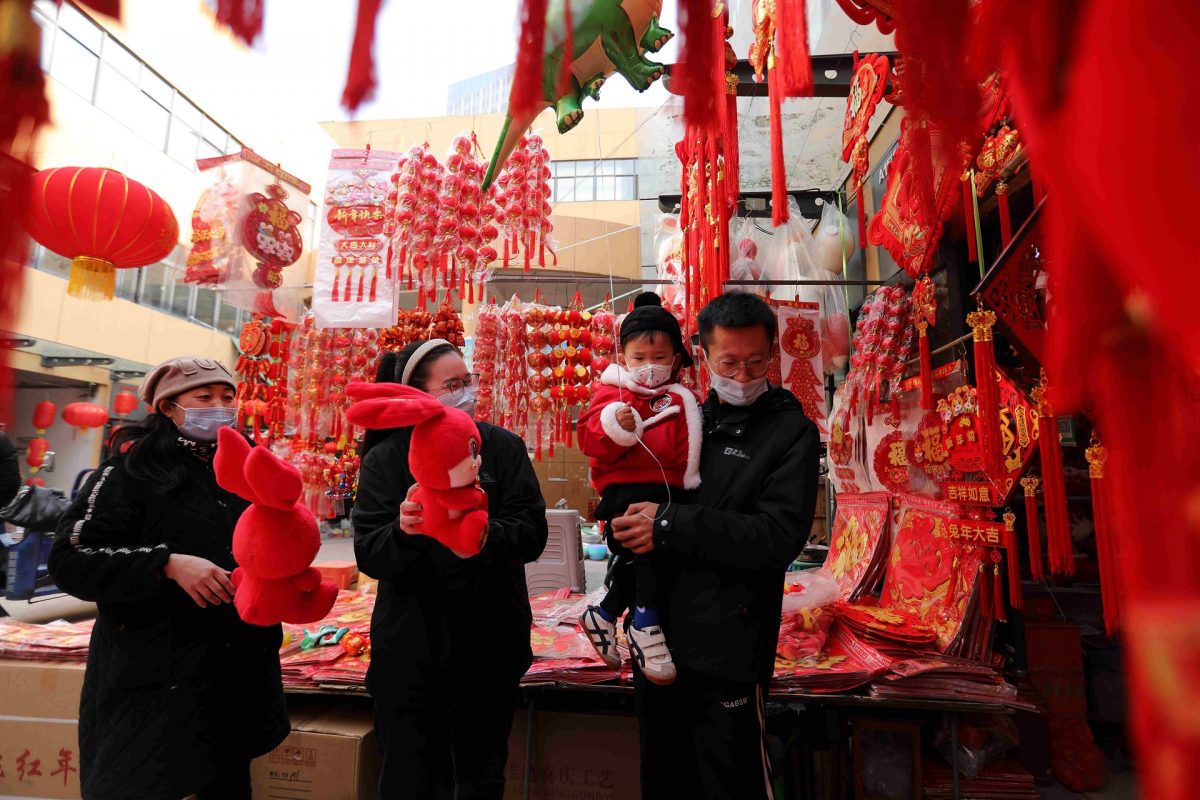
(Photo: China News Agency)
Though Chinese New Year is celebrated worldwide, for instance, South Korea, Vietnam, and other Asian countries, the reference to “Chinese” in “Chinese New Year” could mean differently, in the eyes of Chinese netizens. To them, “Chinese” refers to the entire universe of Chinese culture and heritage, not exactly to China as country.
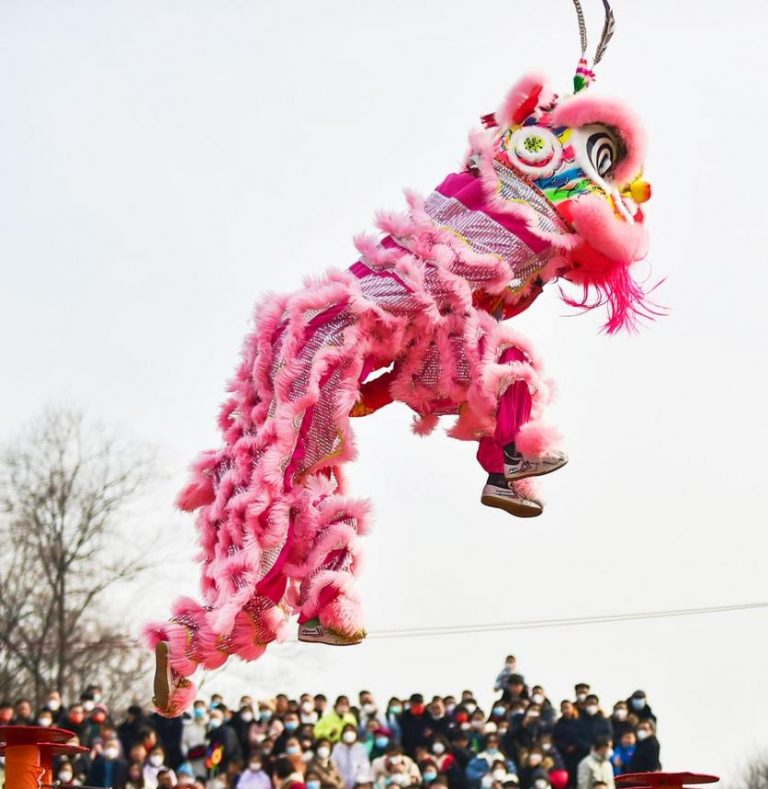
(Photo: Xinhua)
Dali L. Yang, a professor of Political Science from University of Chicago, noted the debate is rooted in cultural sensitivity in a multi-cultural context. Zhuang Jiaying, associate professor of Dept. of Political Science, National University of Singapore claimed that Lunar New Year is a general term that “describes a time of celebration.”
“Chinese New Year” is a worldwide celebration event. The event encompasses different culture impact and meaning to Chinese and Asians across the globe. In casual conversation, both terms can be used interchangeably like synonyms, though in strict cultural context, the two terms could mean differently to people from diverse cultural backgrounds.
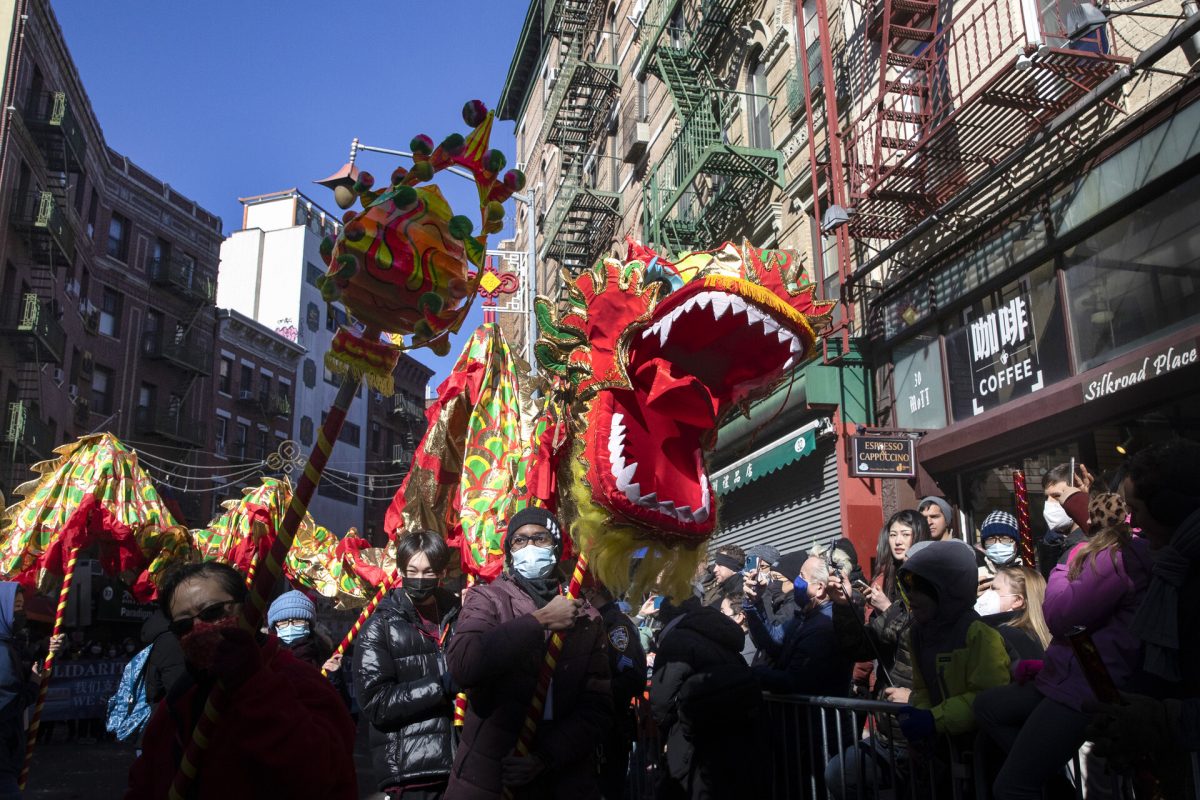
(Photo: China News Agency)
In a politically sensitive occasion, language is not purely for exchanging ideas, it is also a representation of authoritative order.
For example, since mid-2010s, there has been criticism of “Chinese New Year” being used in some official instances, particularly by Koreans and Vietnameses. Some American politicians have no guilt to avoid Chinese New Year while to replace this with Lunar New Year.
If there’s no difference between the two nominations, why the need for those people to avoid “Chinese New Year”, altogether?
Therefore, some Chinese netizens believe that to call this Lunar New Year not only sounds incomplete, but also hints to a deliberate act of de-Sinicization where true Chinese influence is concealed with purpose.
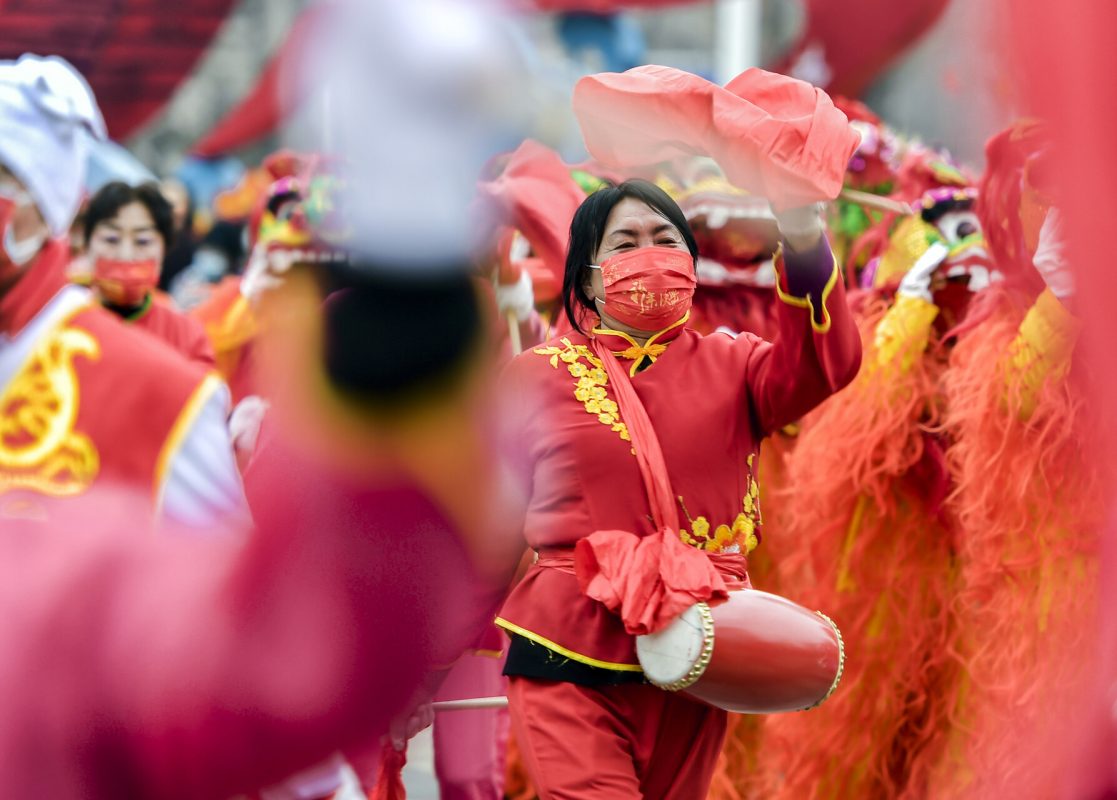
(Photo: China News Agency)
Up to this point, it seems fair enough for us to say as long as we can be clear about the root of “Chinese New Year”, or Lunar New Year, which has distinct China-dominant impact and reference, and can draw the distinct line between the usages of the two.
In fact, to me personally, it’s lesser important to argue whether “Chinese New Year” or “Lunar New Year” is a better term to use. Rather, this must be made truly clear that Chinese New Year is a traditional Chinese festival and is regarded the most important festival of the year to Chinese families. It’s deep root from ancient China, and therefore originated from China.
I will readily accept people greet me with “Happy Lunar New Year”, but hardly could if some people intend to minor the predominance of China elements in Chinese New Year, or even worse, assume faked ownership of the festival as their own regardless of fact.

